|
10/14/2019 0 Comments Tips for Negotiating IEP Team MeetingsIdentify The Problem! *Understand that interests may conflict. In the end, decisions should be made based upon the needs to be about the student *Identify the conflict or problem that is causing disagreement Ask ‘Why?” and “Why not?” to look for a cause and for a purpose to move forward. *Discover how the conflicts have developed...sometimes things have happened in the past, and these experiences are shaping the parent’s presentation and beliefs. Beliefs can be misinterpretations and misrepresentations as well. So make sure the facts of the dispute are accurate. *Know that parents might be fearful! They want to feel confident that their child is getting the best. *Ask questions and pause to actively listen to the answers *Establish objective criteria - all meetings should use fair standards and fair procedures (AKA federal and state laws) when designing the IEP. Some of what may be causing the issue is beyond the school’s level of control. *Actively listen-listen to the other side too, instead of trying to be one step ahead *Allow time for venting - to be heard. This may help you identify the true cause for conflict. *Don't lose control by reacting to outbursts; instead, actively listen to what is being said. This may also help you identify the true cause for conflict. *Make emotions explicit and acknowledge them as legitimate. Say “I understand that you are feeling hurt (angry, etc.), and I feel terrible that you feel that way.” *Remember that an apology can diffuse emotions Establish Equality! *Every team member is of equal and utmost importance. Each team member’s voice is equal. *Interests can help to define the problem. If we look for a parent’s interests, we can help to solve the conflict by coming up with compromises. Say “We are all invested in the best interest of (student’s name).” Sometimes behind conflict lies the shared and compatible interests. *Be hard on the problem, but soft on the people. If you know this student should receive specially designed curriculum, but the parent does not want the student to, try to understand where the parent is coming from, but stick to what the student needs. You want to solve the problem, but not attack the parent and/or break the working relationship. *Teaching students is an integrated experience (one’s behavior impacts the behavior of the others and vice versa). Due to this, it is important to have a positive working relationship with a student’s family. *Remember - unlike your students, you may not be able to “solve” the parent so - don't try to solve the people, but rather the problem. *Put yourself in the parent’s shoes. When conflict arises, separate the conflict from the parent. Typically, conflict is rooted in people's thinking and/or perception. Openly discuss other's perceptions and then... *Use a surprise attack! Look for chances to act inconsistently with their perceptions. Show data, when they have said you don’t know their child. *Make your proposals consistent with their values. For example, if their goal for the child is academics, propose the programming you are recommending by discussing how it will support the student’s academics. *Draft the IEP together! Agreement is easier when both all parties feel ownership in the idea. *Sit side-by-side and work as partners. *Do not be confrontational! *Don’t defend your ideas with belief, but rather, with data. *Document the data together. *Reason and be open to reason. Ask parents to state their reasonings and suggest applicable objective criteria. Say “I’m suggesting that Special Education services be received in the classroom, and you want the services to be delivered outside of the general education classroom. Let’s look at what the law says about the least restrictive environment decisions.” *Be open to criticism and advice. *Know that understanding is not agreeing. *Speak to be understood. *Speak for purpose. *Use “I” statements. *Understand the power of emotion! Do not personalize anything that happens or gets said in the meeting. Always remember that all members of the team are here for the student! The data of the disability’s impact on academic performance and related service needs should drive the IEP decisions! Plan the Purpose!
*The teacher and the parent want the same thing! *Ask for parent preferences. Ask “What is it that you are looking for?” -Look for mutual gains and shared interests. Say “We both want the same thing for your child. The reason I am suggesting XXX is because the data shows XXX and research supports XXX.” *Invent different options for the meeting: * separate judgment from options * create a wide range of option choices * search for mutual gains (put yourself in their shoes and see how the “problem” looks from their perspective) * generate options to their “problem” * generate consequences to each option (some can be negative, but don’t threaten) * invent ways to make their decision easy *Agreement is often based on disagreement. Be inventive about ways to join differences. Say “I’m suggesting that Special Education services be received in the classroom, and you want the services to be delivered outside of the general education classroom. The law says that students who receive special education should learn in the least restrictive environment. However, I understand your reasoning so let’s have the student receive services in the classroom 4 days per week, and one day per week, I will teach the student outside of the general education classroom, focusing on lagging skills.” The purpose of every meeting should be... TEAM: *Build a working relationship - independent of agreement or disagreement - with parents before the meeting. In this way, you deal with the “people problem” before it becomes a “people problem”. *Remember perceptions should not drive the IEP decisions. The data of the disability’s impact on academic performance and related service needs should drive the IEP decisions! By Miss Rae
0 Comments
2/28/2019 0 Comments Preparing for IEP MeetingsGoing to your first IEP meeting can instantly make those butterflies emerge in your stomach. And I’m going to be honest. Those butterflies can come back sometimes, no matter how many years you have under your belt. But that’s okay! There is nothing wrong with a few butterflies! They are just reminders that should excite you to go dazzle families and co-workers with your amazing Special Educator self! So how do you do that exactly? You fake it til you make it! But know your stuff and have the data! Data collection is one of the most critical skills a Special Education teacher can possess. You MUST progress monitor your students throughout the year, assessing progress towards their annual goals. If you do not collect the data, the rest of this is meaningless to you... Progress monitoring data (evidence) is what you will need to complete the IEP and support assertions towards current performance. So, if you state that a student is able to read 200 high frequency words, your progress monitoring data should support this statement. Student work samples can also support evidence. Be confident in how you present yourself! You can confidently make statements because the data has your back. Now, you are ready! Here’s what you will need to bring with you:
And remember… You are qualified to do this job! You are a great teacher! You have the data to support you! Breathe. You got this. ~ By Miss Rae |
CategoriesAll 504 Academic Testing Academic Testing Reports Achievement Testing Reports Back To School B/d Reversals Coronavirus COVID-19 Discrepancy Model Distance Learning Distance Learning With LD ELL Emotional Disability Executive Functioning Extended School Year First Year Special Education Teacher Advice Fluid Reasoning FREEBIES Goal Tracking IEP IEP At A Glance IEP Goals IEP Meetings Learning Disability Oral Reading Fluency Positive Affirmations For Special Education Students Progress Monitoring Reading Remote Learning RTI Rubrics Running Records SEL For Learning Disabilities Social Emotional Learning Special Ed Teacher Interview Questions Special Ed Teacher Job Description Special Education Special Education Progress Reports Special Education Reading Special Education Reading Programs Special Education Students Special Education Teachers Special Education Teachers Positive Affirmations Special Education Teacher Tips Special Education Websites Specially Designed Reading Instruction Teaching Strategy Trauma Wilson Reading Wilson Reading IEP Goals Writer's Workshop |
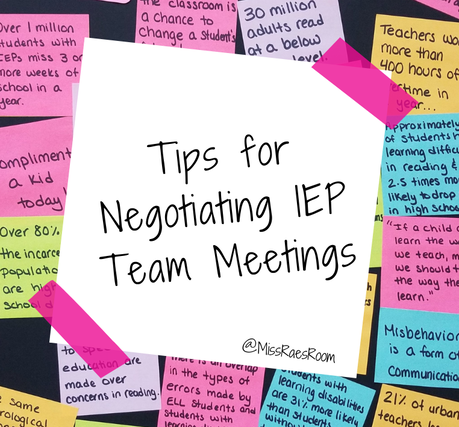
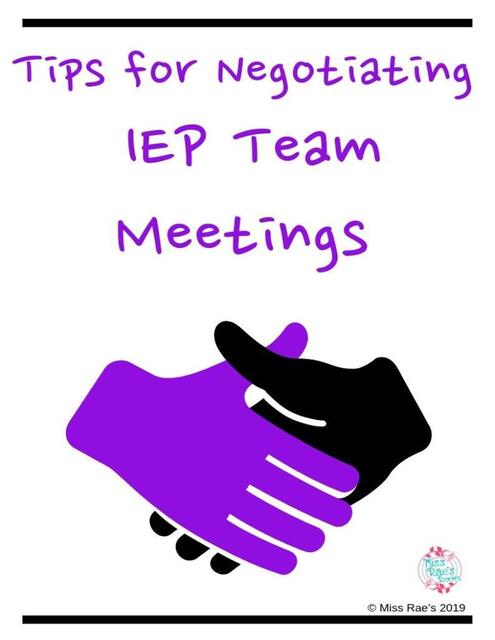
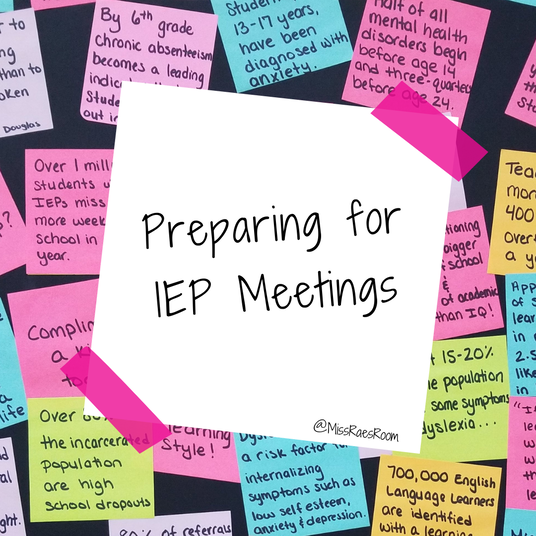
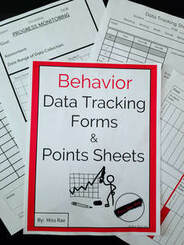
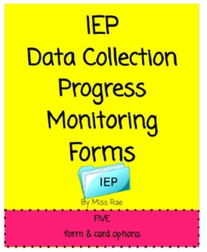
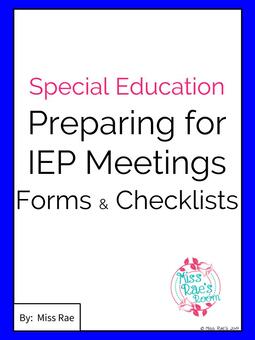


 RSS Feed
RSS Feed